Customer by Day, Resident by Night: Wemolo Turns Retail Parking Lots into 24/7 Revenue Streams
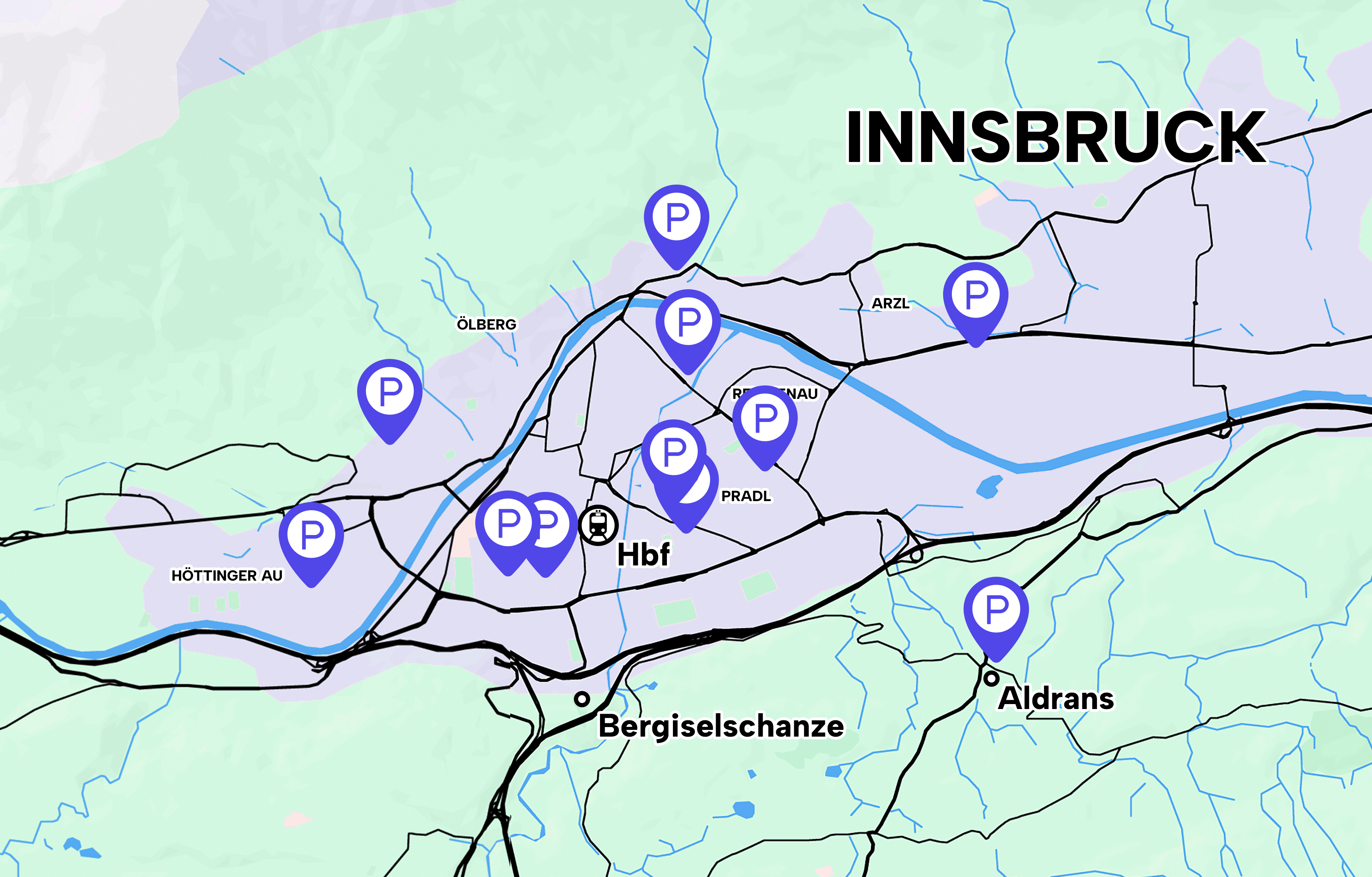
Customer by Day, Resident by Night: Wemolo Turns Retail Parking Lots into 24/7 Revenue Streams
Successful implementation in Innsbruck: Space optimization for retail, new monetization models for asset managers, and relieved street spaces for municipalities.
Munich/Innsbruck, July 16, 2025. Europe's leading provider of digital parking solutions, Wemolo (www.wemolo.com), presents a new solution for the multiple use of parking areas. This simultaneously addresses three key challenges: the economic optimization of retail properties, the sustainable management of urban spaces, and inner-city parking pressure. Following successful implementation and a test phase at eight locations of a leading supermarket chain in Innsbruck, property owners, retailers, and municipal decision-makers can now benefit from a scalable model that monetizes dormant parking spaces outside of business hours.
"Shared parking is not a new idea, but digital implementation has been the hurdle until now," explains Bastian Pieper, CPTO and co-founder of Wemolo. "With our technology platform, we're transforming the theoretical concept into a functioning business model that means additional revenue for property owners, customer loyalty for retailers, and relief for public spaces for municipalities."
ESG-Compliant Space Efficiency for Asset Managers
For portfolio holders and asset managers in retail real estate, the concept offers several advantages. In addition to direct income from parking space rental (which ranges between 50 and 80 Euros per parking space per month depending on location and occupancy), improved space efficiency enhances the ESG performance of the portfolio.
"The era of single-function spaces is over," emphasizes Jakob Bodenmüller, Co-CEO and co-founder of Wemolo. "Property owners are under increasing pressure to manage their assets more sustainably. Our system enables the parking infrastructure to be used up to 24 hours a day – without structural changes or additional sealing. This not only improves the space efficiency factor in ESG reports but also generates new cash flows."
Notably, the technical integration requires no significant intervention in the property. The AI-based system works via license plate recognition and digital access authorizations, eliminating the need for structural measures or barrier systems.
Added Value for Retail: Strengthening Local Branches
Especially for food retailers with branches in densely populated urban areas, the system opens up new perspectives. "Cooperation with the local neighborhood creates loyalty to the location and can positively influence customer frequency," explains Pieper. "Our data from other cities shows that residents who know 'their' supermarket as a parking provider shop there more frequently – an indirect loyalty effect."
The flexible tariff structure (daily, weekly, or monthly rental) also allows for seasonal adjustments. For retailers, this means maximum control: For special sales promotions or during peak seasons, the number of available resident parking spaces can be temporarily reduced to prioritize customer parking.
In Innsbruck, eight locations have already been successfully activated, with significantly positive feedback from both retail partners and users. A striking example of acceptance: Since the offer was activated this year, 30 percent of the capacity released for residents outside of store opening hours is already being used for parking – a significant improvement in efficiency for otherwise unused spaces.
Relieving Public Spaces Without Investment Costs
For cities and municipalities, the concept forms a valuable component in modern mobility concepts. Unlike the costly construction of new parking garages or neighborhood garages, existing, sealed areas are used more efficiently – entirely without municipal investment.
"30 percent of inner-city traffic is caused by the search for parking," explains Pieper. "If we offer 100 residents in a district a reliable parking space, we not only reduce parking search traffic but also create space for alternative uses of street space – be it for bicycle paths, greening, or pedestrian zones."
Flexible Booking Model and Technology
The technological implementation is based on Wemolo's proven platform for digital parking space management. Via the web app go.wemolo.at, drivers can book available parking spaces – either daily, weekly, or as a long-term subscription (monthly cancellable).
Access control is carried out by license plate recognition, which eliminates the need for physical access media such as barriers or paper tickets. "Technological simplicity is a decisive success factor," emphasizes Pieper. "Asset managers and retailers don't have to worry about anything – we handle installation, operation, customer service, and billing."
Scalability and Outlook
Following the successful launch in Innsbruck, Wemolo plans to roll out the concept in other cities. "We see enormous potential in locations with high parking pressure and strong retail presence," explains Bodenmüller. "For asset managers and property managers, we offer a turnkey solution that opens up new revenue streams without investment costs while simultaneously improving ESG performance."
The scalability of the model is evident in the range of possible applications: In addition to pure supermarket parking lots, mixed-use properties, retail parks, or office buildings with retail use on the ground floor are suitable for the shared parking concept.
About Wemolo
The Munich-based tech company Wemolo specializes in digital parking space management and optimization. The idea was born in July 2019 from a project at UnternehmerTUM. The team around the three founders Jakob Bodenmüller, Bastian Pieper, and Yukio Iwamoto now employs over 250 people in Munich and at four other European locations: Salzburg, Zurich, Wroclaw, and Milan. In the DACH region, as well as in Poland and Italy, over 3,000 parking areas already rely on the Wemolo solution, which records more than 2 million parking transactions every day. In the Deloitte Fast 50 ranking, Wemolo is listed as the fastest-growing startup in Germany. Its customer portfolio includes well-known retailers such as Aldi, Edeka, and Carrefour; leading real estate companies such as Defama Deutsche Fachmarkt AG and HIH Real Estate; restaurants such as McDonald's and Burger King; hotel chains such as Best Western; renowned healthcare facilities such as Asklepios Klinik; and numerous financial service providers and local authorities throughout Europe.
Further information at www.wemolo.com
PR Agency Contact
SCRIVO Communications
Contact: Tristan Thaller
Lachnerstraße 33
D-80639 München
Tel: +49 151 21731447
Email: tristan.thaller@scrivo.de
Website: www.scrivo.de
Company Contact
Wemolo GmbH
Contact: Moritz Meister
St. Martin-Straße 72
D-81541 München
Tel: +49 162 6961751
Email: presse@wemolo.com
Website: www.wemolo.com
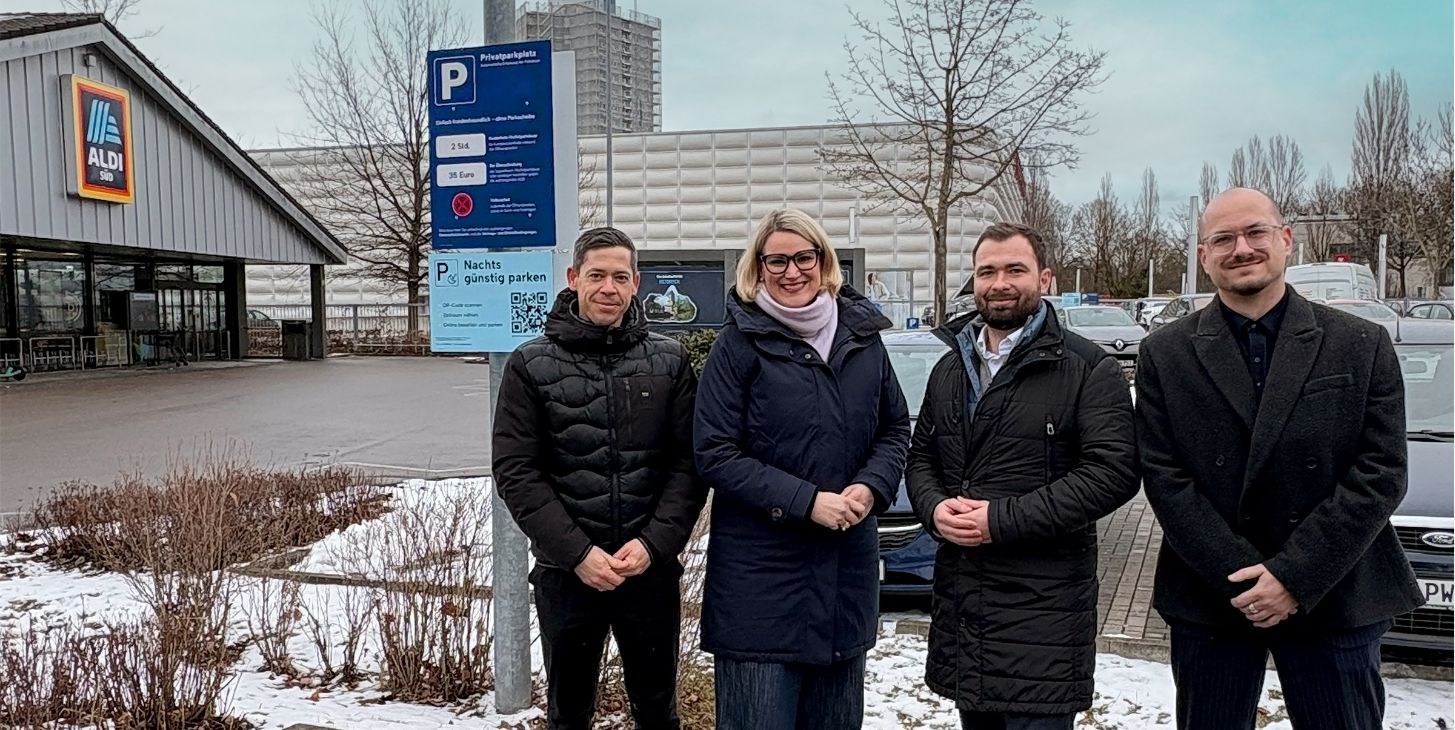

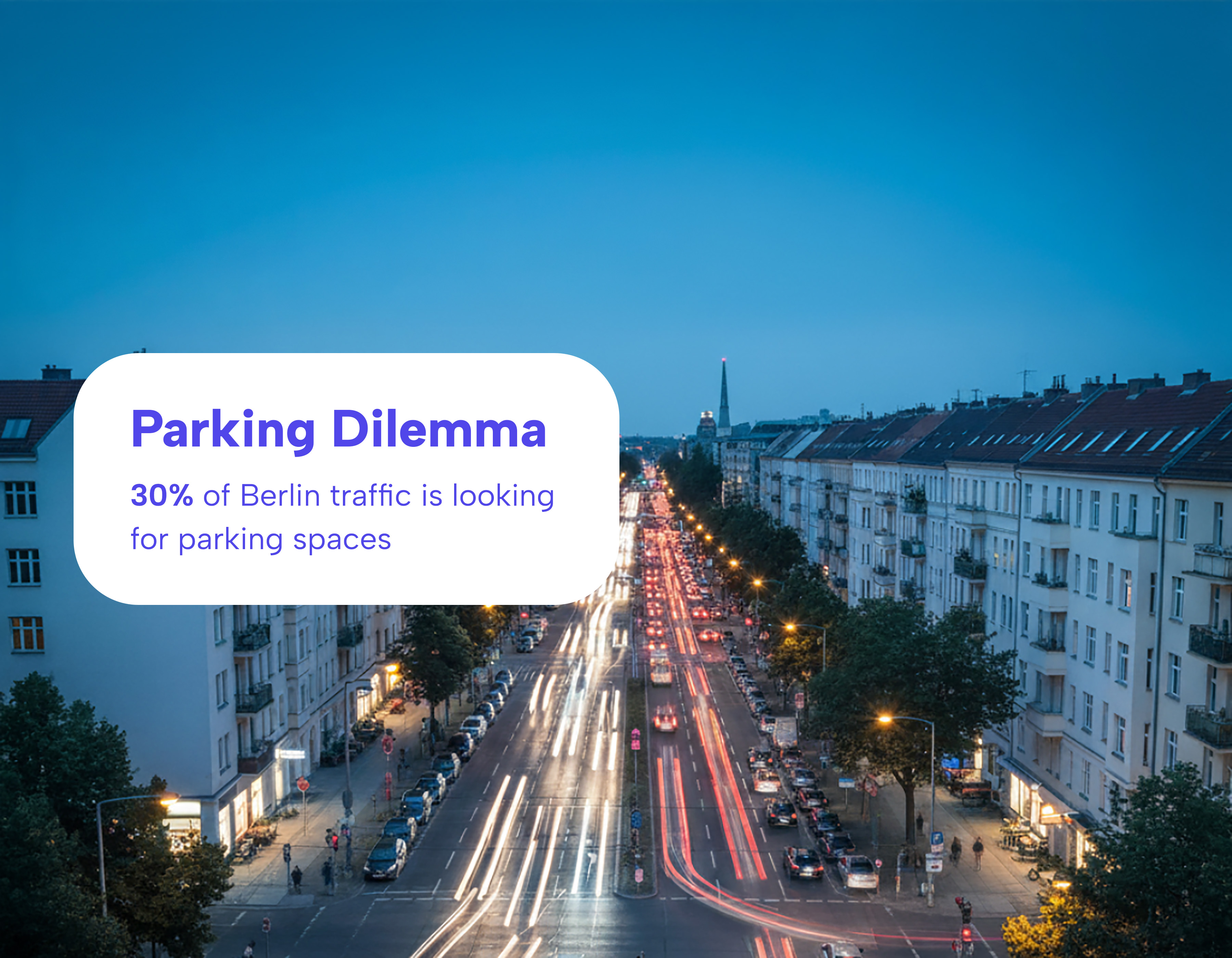
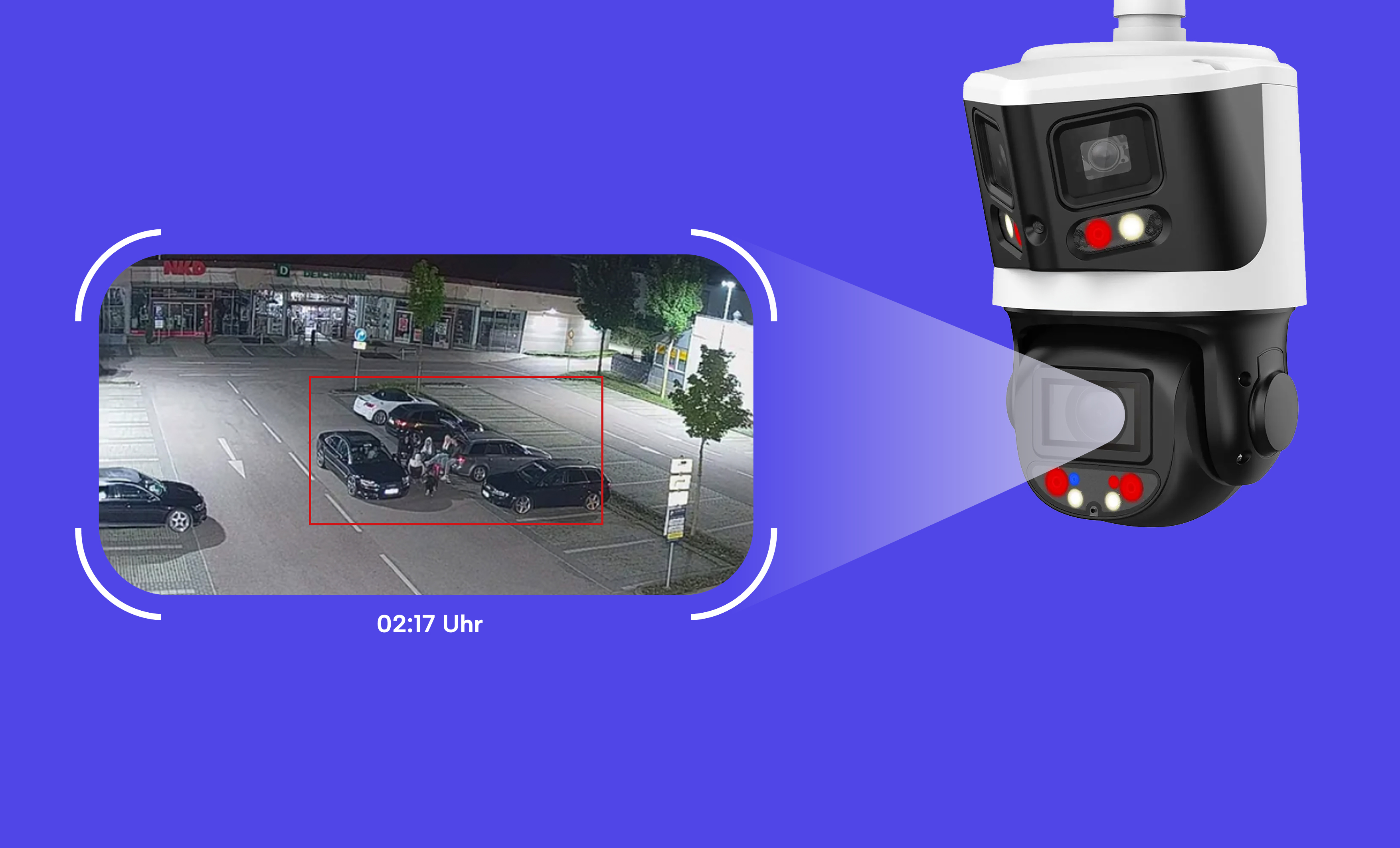
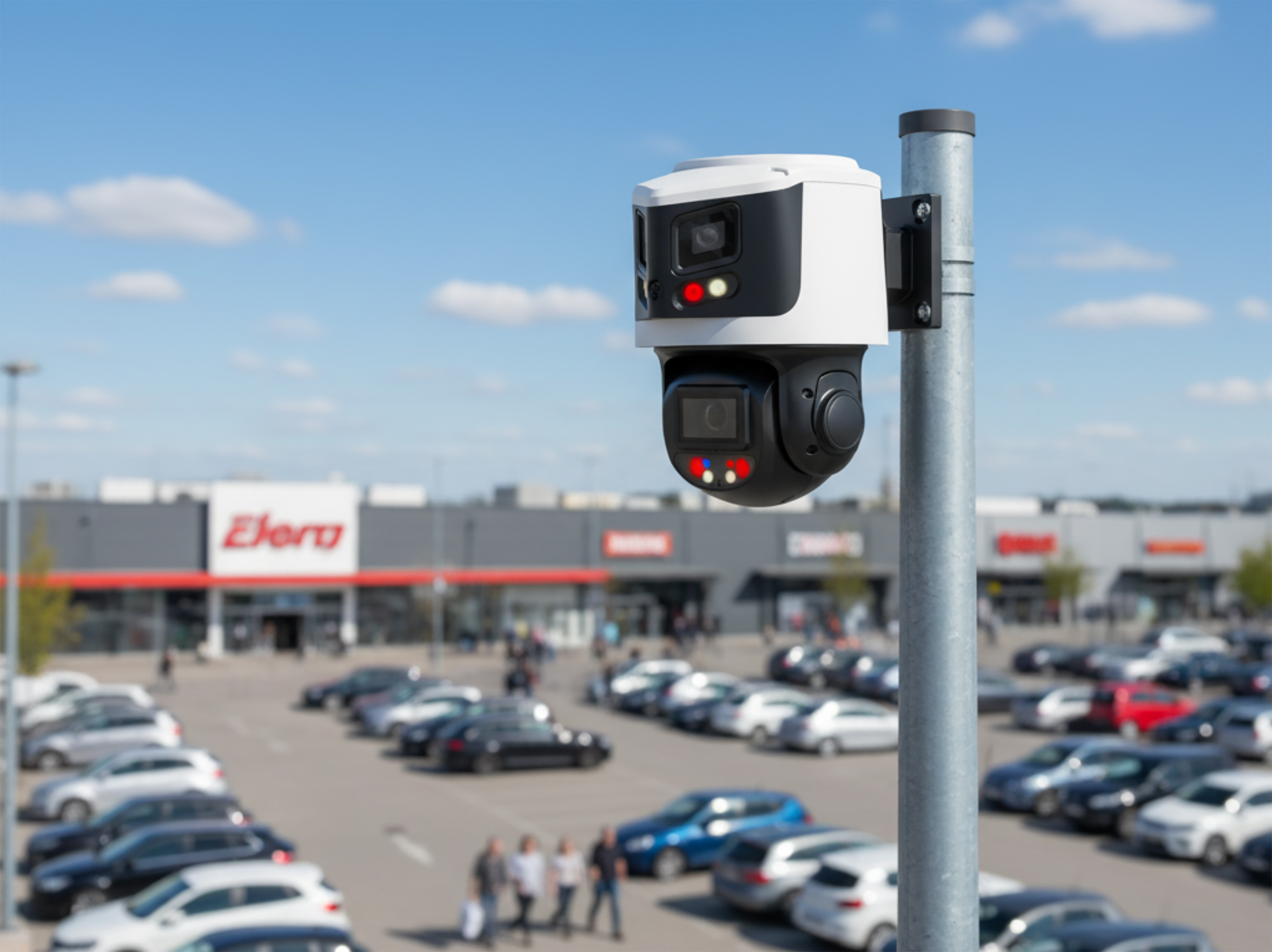
.jpg)
.jpg)



